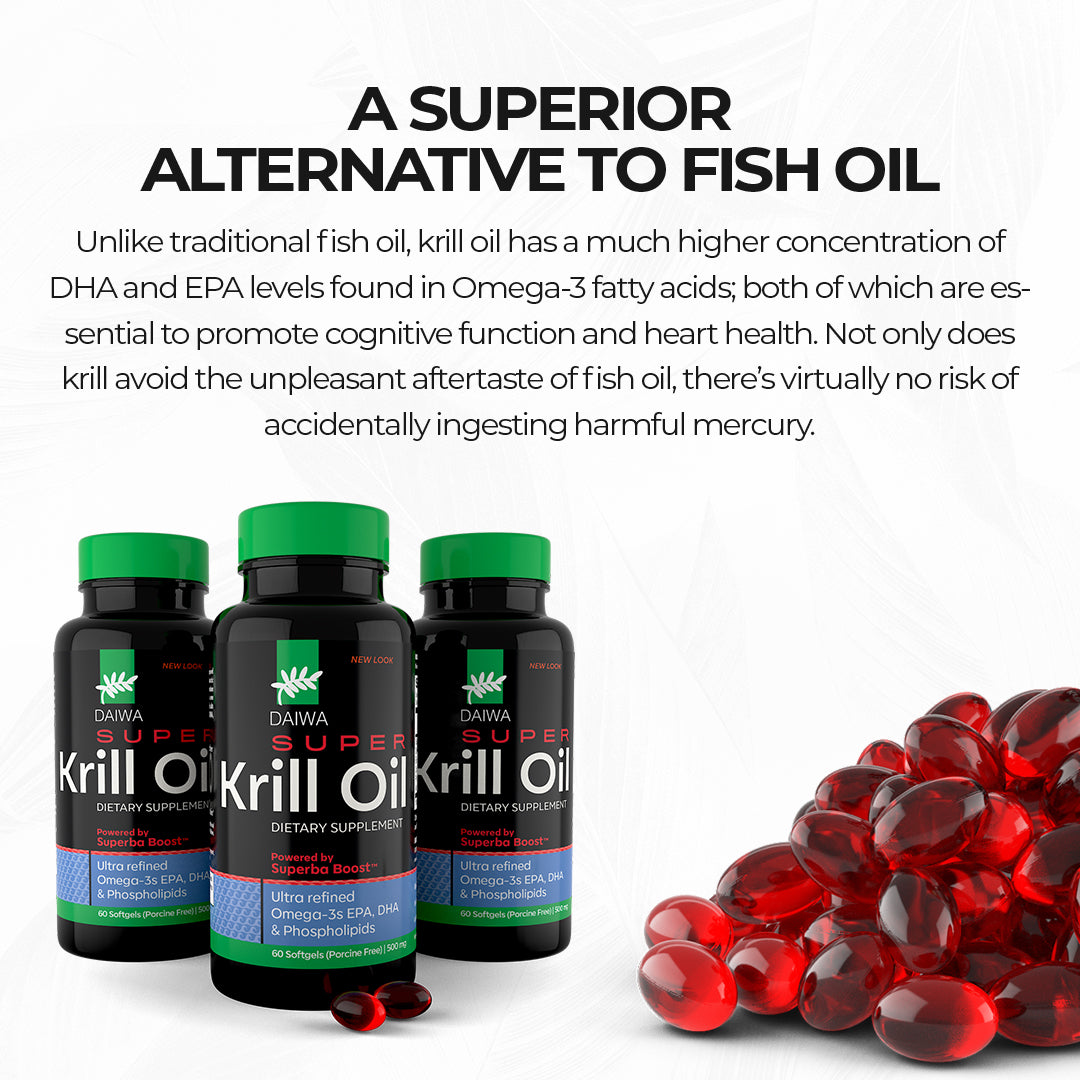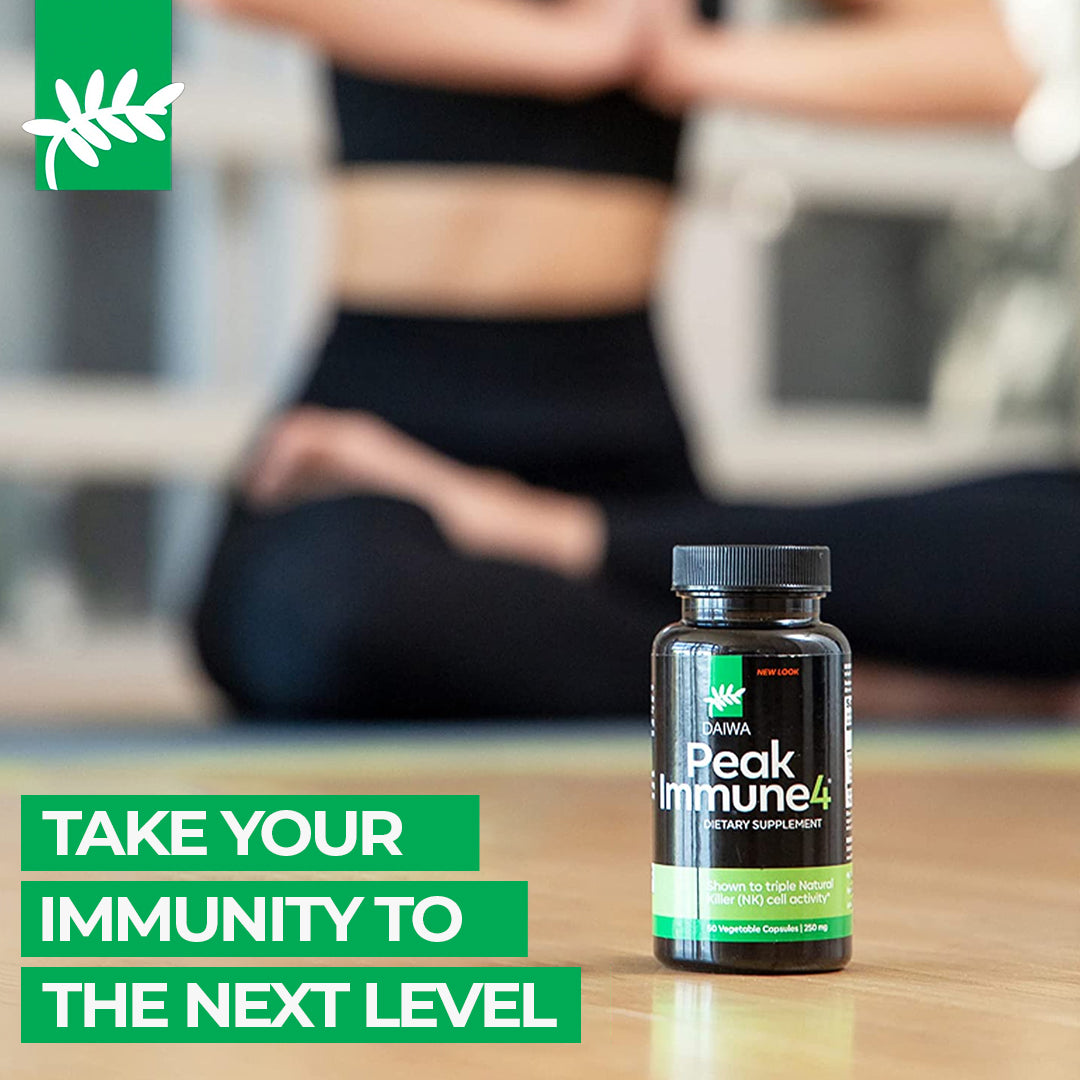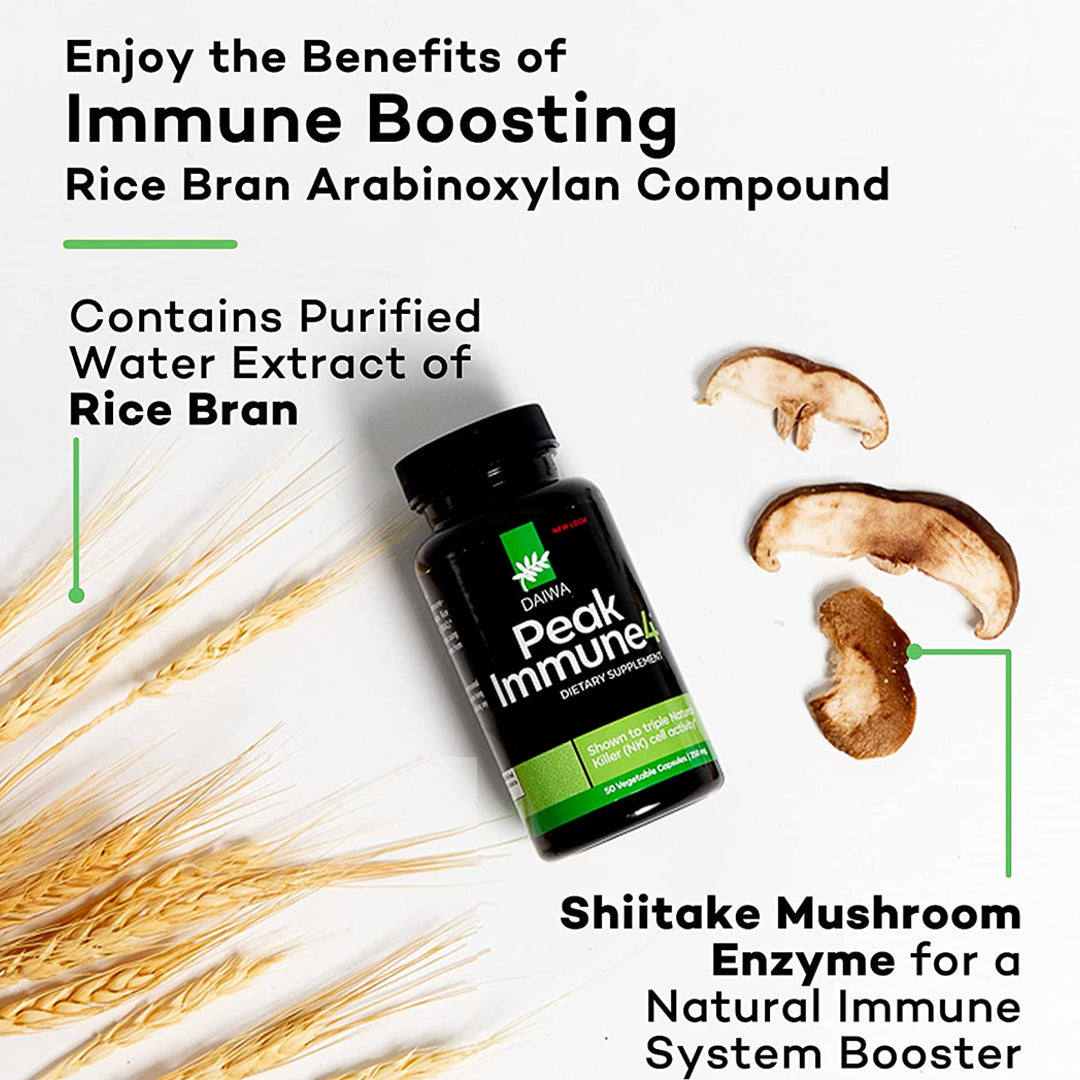At Daiwa Health Development, we specialize in high-quality supplements that support joint health through natural, evidence-based ingredients. Our commitment to functional medicine principles guides us in creating products that address the root causes of joint issues, helping individuals achieve better mobility and comfort in daily life.
Joint health plays a central role in overall well-being, influencing everything from simple movements to long-term physical function. When joints function properly, they allow smooth motion without pain or restriction. However, factors like aging, injury, or chronic conditions can disrupt this balance, leading to discomfort and reduced quality of life.
Inflammation often lies at the heart of many joint problems, acting as the body's natural response to injury or infection. While acute inflammation aids healing, chronic inflammation can damage joint structure over time, contributing to conditions that affect millions.
Arthritis stands out as a primary concern in joint health, encompassing various forms that cause pain, swelling, and stiffness. Rheumatoid arthritis, an autoimmune disorder, leads to joint inflammation where the immune system attacks healthy tissues. Osteoarthritis, the most common type, results from wear and tear on cartilage, often seen in knee osteoarthritis and hip osteoarthritis.
Psoriatic arthritis combines skin issues with joint pain, adding another layer of complexity to managing symptoms. Regardless of the type, addressing arthritis pain requires a comprehensive strategy that goes beyond symptom relief to support joint health at its core.
Understanding Inflammation and Its Impact on Joints
Inflammation serves a protective role in the body, but excessive levels can harm joints by breaking down cartilage and causing joint swelling. This process accelerates joint damage, particularly in conditions like rheumatoid arthritis, where persistent inflammation erodes joint structure.
Studies suggest that controlling inflammation is key to maintaining joint function and reducing pain. For instance, elevated erythrocyte sedimentation rate, a marker of inflammation, often correlates with worsening symptoms in arthritis patients.
The body produces inflammatory compounds in response to stressors, but lifestyle factors can exacerbate this condition. Poor diet, lack of exercise, and stress all impact joint health by promoting overall inflammation.
Vitamin D deficiency further complicates matters, as low levels of vitamin D are linked to increased risk of developing osteoarthritis. Ensuring adequate vitamin D through sun exposure or supplements supports joint health by modulating immune responses.
Gut health also influences joint inflammation, with imbalances in gut bacteria potentially triggering systemic responses that affect joints. A healthy gut microbiome helps reduce inflammation, underscoring the mind-body connection in joint care.
Traditional Approaches to Managing Joint Pain
Conventional treatments for joint pain often include medications like nonsteroidal anti-inflammatory drugs, which provide equivalent pain relief to some natural options but come with potential side effects. These anti-inflammatory drugs target symptoms effectively in the short term.
Physical therapy strengthens muscles around joints, improving stability and reducing pain in conditions such as knee osteoarthritis. Weight management reduces stress on weight-bearing joints, slowing progression in hip osteoarthritis.
Pain medications offer quick relief, but they do not address underlying issues like cartilage loss. For many patients, combining these options with other strategies yields better results.
The Power of Integrative Medicine for Joint Health
Integrative medicine combines Western treatments with complementary approaches to treat the whole person, enhancing joint health outcomes. This method recognizes that joint issues stem from interconnected factors, including lifestyle and nutrition.
By incorporating physical medicine like therapy with holistic practices, patients experience improved joint function and overall well-being. Integrative medicine empowers individuals to take an active role in their health.
Many turn to this approach for arthritis pain management, finding that it reduces reliance on medications alone. It promotes long-term strategies that support joint health without overlooking conventional care.
Acupuncture for Reducing Joint Inflammation
Acupuncture involves precise needle placement to stimulate the body's healing responses. This technique triggers neurotransmitter release, which helps in reducing pain associated with arthritis.
Research shows acupuncture can lower cortisol levels, aiding in inflammation control. For knee osteoarthritis, electroacupuncture has demonstrated benefits in alleviating symptomatic pain, though further studies are needed.
Patients with rheumatoid arthritis often report decreased joint swelling after sessions, making acupuncture a valuable tool in integrative joint health strategies.
This practice poses minimal risks, offering a safe way to enhance joint pain relief alongside other treatments.
Massage Therapy to Alleviate Arthritis Symptoms
Massage therapy reduces inflammatory cytokines while boosting serotonin, contributing to better mood and less pain. Tailoring the pressure to the arthritis type ensures optimal benefits.
For osteoarthritis symptoms, deeper massages may stimulate circulation, supporting joint structure. Regular sessions can improve range of motion, particularly in affected areas.
This therapy integrates well with anti-inflammatory drugs, providing a non-invasive option for patients seeking comprehensive care.
Nutrition's Role in Supporting Joint Health
An anti-inflammatory diet focuses on foods that combat inflammation, such as vegetables, fruits, and seafood. Eliminating processed items and refined sugars helps prevent flares that impact joint health.
The Mediterranean diet, rich in olive oil and whole grains, has shown promise in reducing pain for arthritis patients. Incorporating omega-3 fatty acids from fish supports joint function by curbing inflammation.
Personalization is crucial, as individual triggers vary. Trial and error reveals what works best for reducing joint inflammation.
Vitamin C aids collagen production, essential for cartilage maintenance. Combined with vitamin D, it bolsters defenses against joint damage.
Supplements That Enhance Joint Function
Supplements play a pivotal role in integrative approaches, with glucosamine and chondroitin standing out for their ability to support joint health. Glucosamine sulfate helps rebuild cartilage, while chondroitin sulfate reduces cartilage loss.
Studies indicate that glucosamine and chondroitin provide joint pain relief comparable to some medications, making them popular for knee osteoarthritis management.
Fish oil, loaded with omega-3 fatty acids, acts as a natural inflammation controller, helping manage inflammation in joints. Turmeric, enhanced by black pepper for better absorption, offers potent relief as one of the strongest natural inflammation managers for joints.
At Daiwa Health Development, our supplements harness these ingredients to deliver targeted support for joint health, drawing from functional medicine to address root causes effectively. Consider our formulations for a boost in mobility and comfort.
Glucosamine hydrochloride serves as an alternative form, though glucosamine sulfate often shows stronger evidence in trials. Nutritional supplements like these integrate seamlessly with diets to optimize outcomes.
Probiotics link gut health to joint well-being, managing systemic inflammation that affects joints. Natural supplements provide a low-risk way to improve sleep quality, which in turn supports recovery from daily joint stress.
Exercise Practices for Better Joint Mobility
Yoga strengthens muscles and enhances flexibility, benefiting those with arthritis. A meta-analysis confirms its role in reducing knee arthritic symptoms and promoting general well-being.
Practiced mindfully, yoga respects the mind-body connection, allowing progression at one's pace to avoid strain.
Tai chi improves lower-limb function through gentle movements, suitable for older adults. It enhances mood and physical function, making it ideal for integrative plans.
This martial art offers variations like seated forms, ensuring accessibility for various arthritis types.
Addressing Common Questions in Joint Care
Many wonder about the best joint supplement that actually works. Based on extensive research, glucosamine and chondroitin combinations often prove effective, supporting joint structure and reducing pain in conditions like osteoarthritis.
Integrative medicine coverage by health insurance varies; some plans reimburse acupuncture or massage, but patients should check policies directly for complementary health products.
Regarding WD-40 for arthritis, this application is a misconception—it's an industrial lubricant not safe for human use. Applying it to skin can cause irritation; instead, focus on proven treatments to avoid risks.
The strongest natural inflammation manager for joints includes turmeric, but combining it with glucosamine and chondroitin amplifies benefits for comprehensive support.
Unique Insights from Functional Medicine
In functional medicine, we view joint health through a lens that connects systems like gut health and inflammation pathways. Addressing vitamin D deficiency early manages the progression in rheumatoid arthritis.
Only a small amount of targeted intervention, like inflammation targeted supplements, can manage overall inflammation levels significantly.
Ayurvedic medicine principles, such as using herbs, align with modern integrative strategies to enhance joint function.
Improving sleep quality through mind-body practices reduces pain perception, creating a cycle of better health.
Overcoming Challenges in Joint Health Management
Seasonal changes can exacerbate joint pain, but inflammation can be managed with consistent use of inflammation controlled diets. Viewing flares as signals allows adjustments in treatment plans.
For those on other medications, consulting professionals ensures supplements like glucosamine interact safely.
Building resilience through exercise turns potential cons, like initial discomfort, into opportunities for stronger joints.
Pro Tip: Track symptoms alongside supplement use to identify patterns, optimizing your approach for sustained joint pain relief.
Scaling Your Joint Health Strategy
As joint issues evolve, expanding your regimen includes adding probiotics for gut health support. This holistic view prevents future complications in developing osteoarthritis.
Integrating multiple therapies creates synergy, where nutrition and exercise amplify supplement effects.
Patients often find that combining glucosamine and chondroitin with fish oil yields superior results in reducing pain.
Why Integrative Approaches Lead to Optimal Joint Health
Embracing integrative methods ensures the whole person receives care, leading to lasting improvements in joint health. Research supports this blend for better outcomes in arthritis management.
Daiwa Health Development stands ready to assist with our premium supplements, designed to integrate into your daily routine for enhanced joint support. Visit us to discover how our products can elevate your well-being.
Rheumatoid arthritis responds well to these strategies, as do other forms, by targeting inflammation at its source.








Leave a comment
All comments are moderated before being published.
This site is protected by hCaptcha and the hCaptcha Privacy Policy and Terms of Service apply.